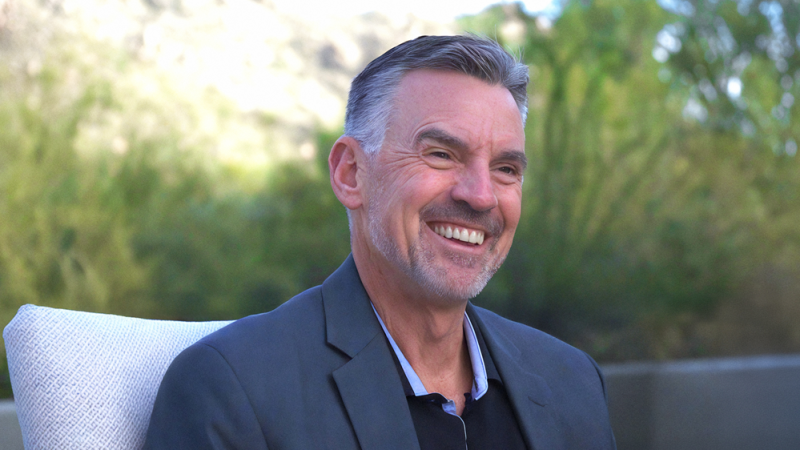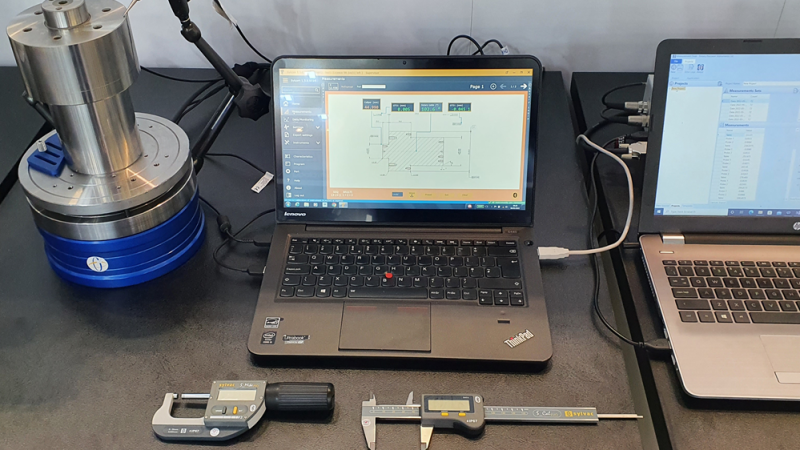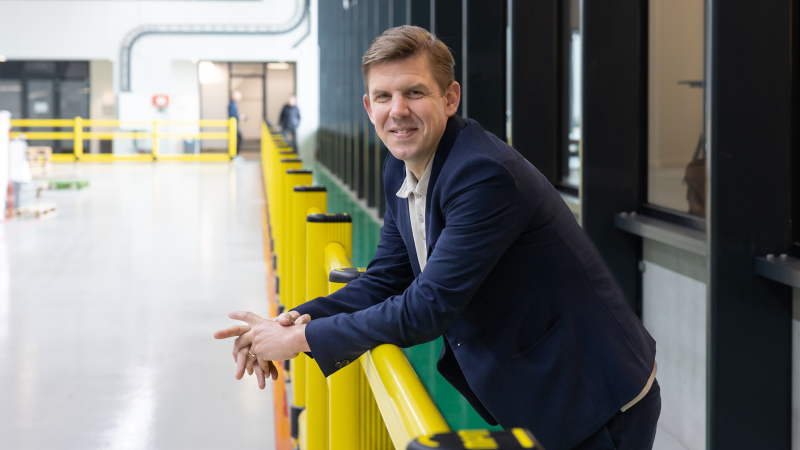Egide Gatera is a Rwandan investor whose career has involved investment in logistics firms, banks and insurance companies. Then in 2006, he decided to venture into the tea business. A chance to acquire two tea factories came when the Rwandan government divested the two plants. This was the beginning of Rwanda Mountain Tea. In 2009 the opportunity arose to acquire a third factory, beginning a pattern of expansion that continued right up until the firm’s latest acquisition in 2024 which brought its holdings to nine tea factories.
However, Rwanda Mountain Tea has not stayed exclusively in the tea sector. It has also diversified its portfolio to include five power plants with a combined capacity of 20.6 megawatts that are sold to the national grid. It even manufactures cement, which it both sells to customers as a construction materials supplier, and uses for the development of its own facilities.
But while the diversity of the company’s subsidiaries is impressive, at its heart the company has always remained a tea company.
“The production of tea is our core business,” says Alain Kabeja, CEO of Rwanda Mountain Tea.
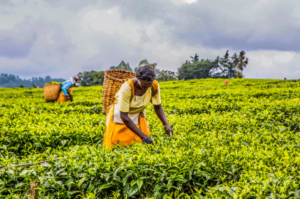 A Special Brew
A Special Brew
The company controls 50% of the Rwandan tea market and is the largest producer of tea in the country. The reason for that, Kabeja shares with us, is simple.
“Our success story comes from our motto, ‘Quality makes the difference’,” Kabeja tells us.
While quality is a natural field to seek differentiation, Kabeja also points out that this is partially out of necessity. Unlike its neighbouring tea-producing countries, Kenya, Uganda and Tanzania, Rwanda is not a country with large plots of land for mass production.
“This region of Africa is a big producer of tea,” Kabeja explains. “When we go to market, seven of our teas rank among the top ten in the region in terms of pricing. So we must also compete on quality. We use organic manure as fertiliser, giving our product a unique quality that cannot be found anywhere else. That emphasis on quality is what sets our product apart.”
As well as the fertiliser, and the focus on quality from Rwanda Mountain Tea itself, Rwandan Tea is also unique because of where it is grown. As we have already pointed out, there are no expansive fields for growing tea leaves here. Rwanda is a country of mountains.
“We grow our tea at high altitudes in the Western part of the country on Rwanda’s mountains,” says Kabeja. “We are a country of more than 1,000 hills. So we grow our tea almost 2,400 metres above sea level in rich soil and good conditions. The tea grown there is unique, and has a character that cannot find in any other tea.”
However, that production is also at the mercy of climate conditions.
“We depend on good weather conditions and have started to see droughts compared to other countries,” Kabeja says. “We typically have three seasons of rain and one for sun, but now the climate is changing and we are starting to face issues that reduce our production levels. We have never been focused on mass production, but we are seeing production reduce significantly because of changes in the climate.”
To start working the problem now, Rwanda Mountain Tea is implementing strategies to reduce climate impact in both the short and long term.
“We have been able to mitigate those effects through irrigation, and by next year we hope to have alternative solutions in place,” Kabeja shares.
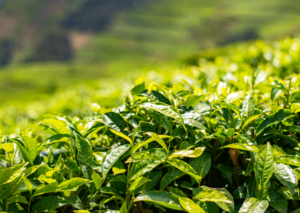 Passing the Tea
Passing the Tea
Producing tea of such unique quality is one thing, getting it to thirsty customers is another challenge entirely. This is particularly true for Rwanda Mountain Tea, as Rwanda is a landlocked country and 90% of its production is for export markets.
“The cost of exporting does bring challenges,” Kabeja tells us. “Pricewise, we have to position ourselves carefully relative to our competitors in coastal countries such as Kenya and Tanzania. But even with those additional costs, many customers still prefer our teas.”
The other challenges Kabeja is keen to address are those around labour, which he foresees will need action for both now and as an ongoing concern.
“We do not use machinery to harvest, maintain or cultivate our crops,” he points out. “But we have seen people leaving rural areas for the cities. Because our business is concentrated in the rural areas, this may cause issues over the next ten years.”
Rwanda Mountain Tea is responding to this by creating a more appealing home for future generations.
We are working not just to allow people to remain in their rural communities but even tempting labour forces to return from cities by constructing villages around our growing areas.” Kabeja says. “We hope that by making these appealing places to live, we will be able to we will retain a community motivated to continue the work of growing, harvesting and processing our teas.”
Alongside this, Rwanda Mountain Tea is working to pass on the knowledge needed to take care of those crops.
“We are working with local universities to teach graduates about our work, and retain some of them in our factories to work in processing, agriculture, agronomics and mechanical or technical positions. We give them a platform where they get practical experience and offer real opportunities,” Kabeja tells us.
While there are doubtlessly challenges and changing times ahead, Kabeja remains optimistic about the future of the company.
“We have been on the market for almost 18 years, and every year we grow our business,” Kabeja says. “We plan to continue to diversify our portfolio, developing new products beyond the traditional ways to produce tea. We have been developing innovations through our factories that go beyond what we call black tea, diversifying into speciality teas, green teas and Matcha teas. We have started to blend new consumer products ourselves. In Europe, the USA, Canada, and Asia we see products such as Liptons’ teas. Why not manufacture those products at the tea’s origin point? We take it straight from the plantation to your cup. The future is there.”




